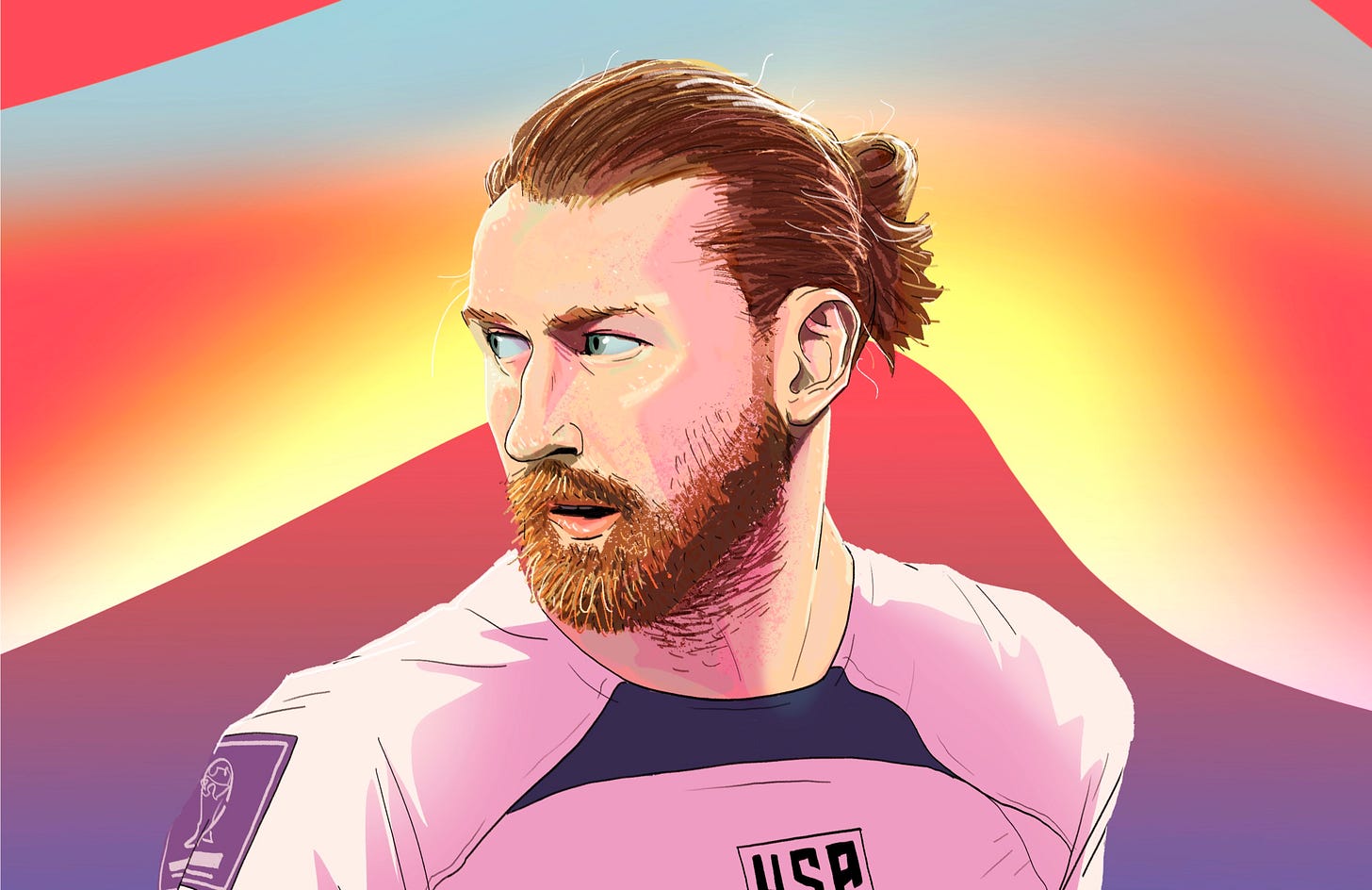Premium: One World Cup Point ... And Two Points Dropped
A late Wales equalizing penalty felt like a gut punch to a U.S. team on the verge of a statement-making win.

AL RAYYAN, Qatar — In the days before the U.S.’s World Cup opener against Wales, defender Walker Zimmerman couldn’t help but think of the tantalizing opportunity that lay before his team in his country’s first appearance since 2014 at the world's biggest sporting event. The chance to make history comes ever so rarely. Eight years had passed since the last time the USMNT made the World Cup. For Wales, it was 64.
Zimmerman recognized all of that. Being on the ground at the World Cup feels like you’re at the center of the universe. Billions of people are watching the same thing at the same time. The possibilities are limitless.
“We grew up watching Miracle and Rudy and these iconic moments in these teams, and you’re thinking to yourself, This could be the next movie that they’re talking about. That’s the opportunity that we have,” Zimmerman told me in a one-on-one interview the day before the game.



